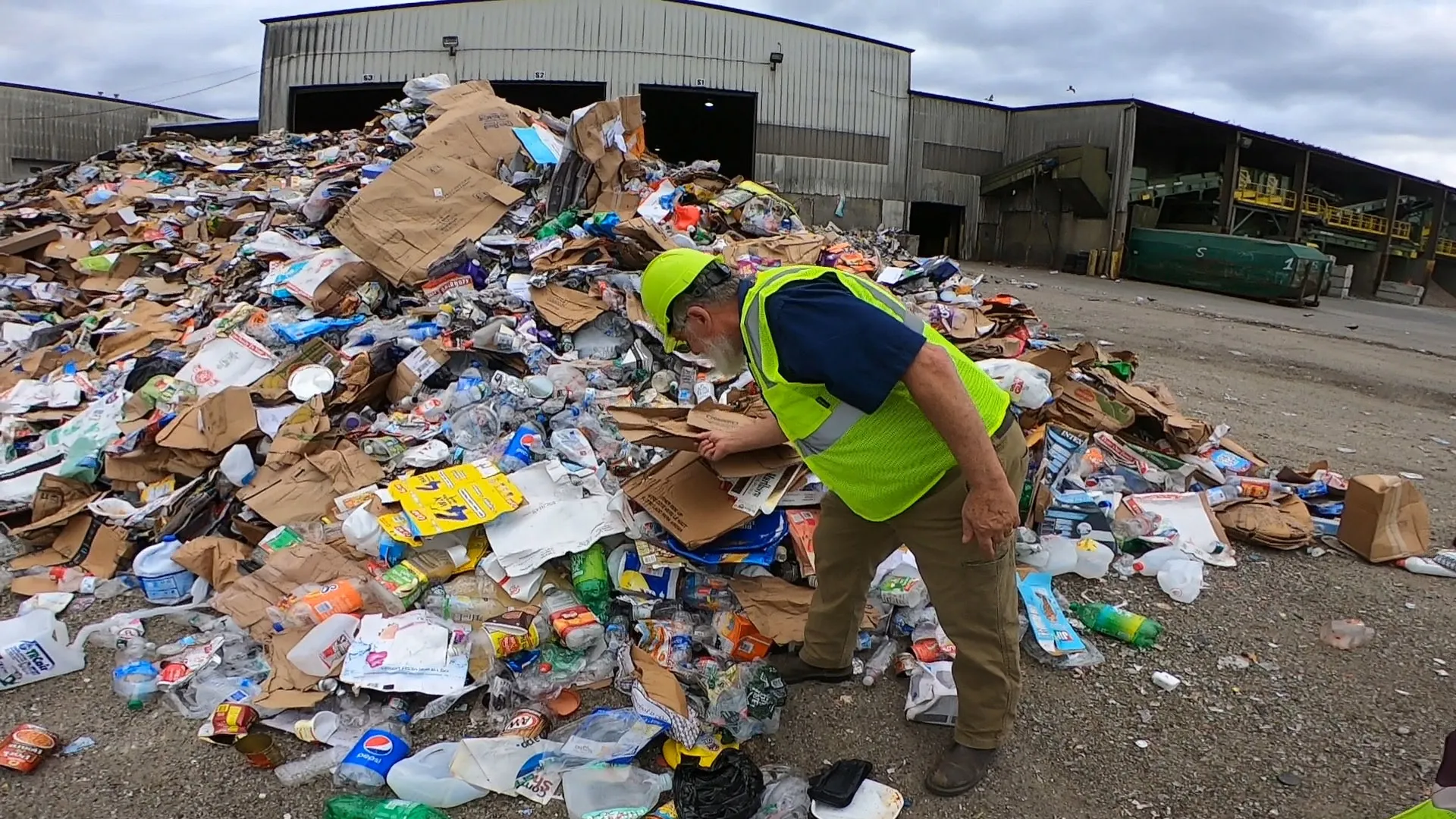In the dynamic realm of waste management, the assistance of expert waste disposal services is crucial. The amount of waste produced rises along with the world’s population, presenting a growing threat to public health and environmental sustainability. In response, governments and regulatory agencies have put in place a complicated web of waste regulations to guarantee appropriate disposal and save the environment. In this comprehensive article, we will explore the significance of Professional garbage dump services in navigating these intricate waste regulations, maintaining a clean environment, and safeguarding public health.
The Evolving Landscape of Waste Management
Over time, waste management has seen substantial change. The challenges associated with trash disposal have grown as cities and industries have grown. Waste used to be routinely disposed of recklessly, putting both the environment and human health in jeopardy.
To address these problems, governments and regulatory bodies from throughout the globe have implemented a range of waste management rules. These regulations cover a wide range of waste management subjects, including collecting, recycling, disposing of, and shipping. The goal is to make sure waste is managed properly with the least amount of detrimental consequences on the environment and public health.
The Role of Professional Garbage Dump Services
In order to comply with these intricate waste restrictions, professional garbage dump services—often offered by municipal and regional agencies or commercial waste management companies—are essential. It is their responsibility to collect, transport, and dispose of waste in a way that respects these rules and protects the environment. The following are the main elements of expert waste disposal services:
Waste Collection: Gathering waste materials from different establishments, including homes, companies, and factories.
Transporting waste to authorized disposal sites, such landfills and incinerators, requires the efficient use of specialized trucks
Trash Disposal: Making certain that waste is disposed of in a way that conforms with security, safety, and environmental regulations
The Regulatory Framework for Waste Management
Waste regulations vary from one region to another but are generally designed to achieve the following objectives:
Environmental Protection: Regulations aim to minimize the environmental impact of waste disposal. This includes preventing soil and groundwater contamination, mitigating air pollution, and conserving natural resources.
Public Health: Waste regulations address public health concerns by reducing the risk of disease transmission, controlling odors and nuisances, and preventing accidents related to waste management.
Resource Recovery and Recycling: Regulations encourage the recycling and recovery of valuable materials from waste, fostering a circular economy and conserving resources.
Climate Change Mitigation: Some regulations aim to reduce greenhouse gas emissions associated with waste disposal. Waste-to-energy processes and methane capture from landfills are examples of these efforts.
Compliance with Waste Regulations
Professional garbage dump services are required to operate in strict compliance with waste regulations to ensure the responsible management of waste. Here are some of the key ways they navigate these regulations:
1. Waste Disposal Methods
Waste regulations often specify approved methods for waste disposal. These methods can include landfills, incineration, recycling, and composting, among others. Professional garbage dump services must follow these regulations to determine the appropriate method for the types of waste they handle.
2. Waste Separation and Recycling
A lot of waste regulations mandate that certain commodities, like cardboard, paper, plastics, and metals, be separated and recycled. In order to guarantee that these items are kept out of landfills and processed for reuse, professional garbage dump providers put recycling programs in place.
3. Hazardous Waste Management
Regulations governing hazardous waste are particularly stringent. Professional garbage dump services must comply with hazardous waste regulations to ensure the safe handling, transportation, and disposal of these materials.
4. Reporting and Documentation
Waste regulations often require the submission of reports and documentation detailing Waste management activities. These reports may include waste generation data, recycling rates, disposal records, and compliance documentation. Professional garbage dump services must maintain accurate records and submit them to regulatory authorities as required.
5. Emission Controls
Regulations require emission control for waste-to-energy plants and incinerators in order to keep dangerous pollutants out of the atmosphere. To reduce their negative effects on the environment, professional waste disposal services have to abide by emission control requirements.
The Challenges of Waste Regulations
Navigating waste regulations is not without its challenges. Some of the common issues faced by professional garbage dump services include:
1. Evolving Regulations
Waste regulations are subject to change and evolution as scientific knowledge and environmental concerns advance. Staying up-to-date with these changes and ensuring compliance can be a complex and ongoing process.
2. Enforcement
Inspections and audits are frequently required by regulatory bodies to enforce waste restrictions. Professional trash disposal firms may need to invest a lot of time and resources in order to prepare for regulatory inspections.
3. Waste Sorting and Separation
Waste regulations frequently require the sorting and separation of different types of waste. This process can be challenging, especially when dealing with mixed waste streams.
4. Technological Advances
Advancements in waste management technologies can impact compliance with waste regulations. Keeping pace with technological developments and implementing them can be a logistical challenge for professional garbage dump services.
5. Resource Allocation
Adherence to waste standards frequently necessitates the allocation of substantial resources, such as infrastructure, staff training, and reporting systems. It might be challenging to allocate resources in a way that maximizes operational effectiveness.
Benefits of Compliance with Waste Regulations
While navigating waste regulations can be challenging, it offers several benefits for both professional garbage dump services and the broader community:
1. Environmental Protection
Compliance with waste regulations minimizes the environmental impact of waste disposal, reducing soil and groundwater contamination, air pollution, and the strain on natural resources.
2. Public Health
Adhering to waste regulations helps prevent disease transmission, controls odors and nuisances, and reduces the risk of accidents, all of which contribute to public health and well-being.
3. Resource Conservation
Regulations encourage resource recovery and recycling, conserving materials and reducing the demand for raw resources.
4. Sustainability
Compliance with waste regulations aligns with sustainability goals, fostering a cleaner and more sustainable environment for future generations.
5. Positive Image
Professional garbage dump services that comply with waste regulations are often viewed more favorably by the public, partners, and regulatory authorities. This can enhance their reputation and business prospects.
Conclusion
Expert waste disposal services are at the forefront of ethical waste management and are essential in navigating the many waste rules. They guarantee safe and effective waste management while protecting the environment and public health by following these laws. Notwithstanding ongoing difficulties, compliance has indisputable advantages that make the world a cleaner and more sustainable place.
Professional garbage dump providers need to be alert and flexible as waste restrictions are changing and growing. In the end, everyone benefits from a cleaner, safer, and more ecologically conscious future as a result of everyone working together to negotiate trash legislation.




